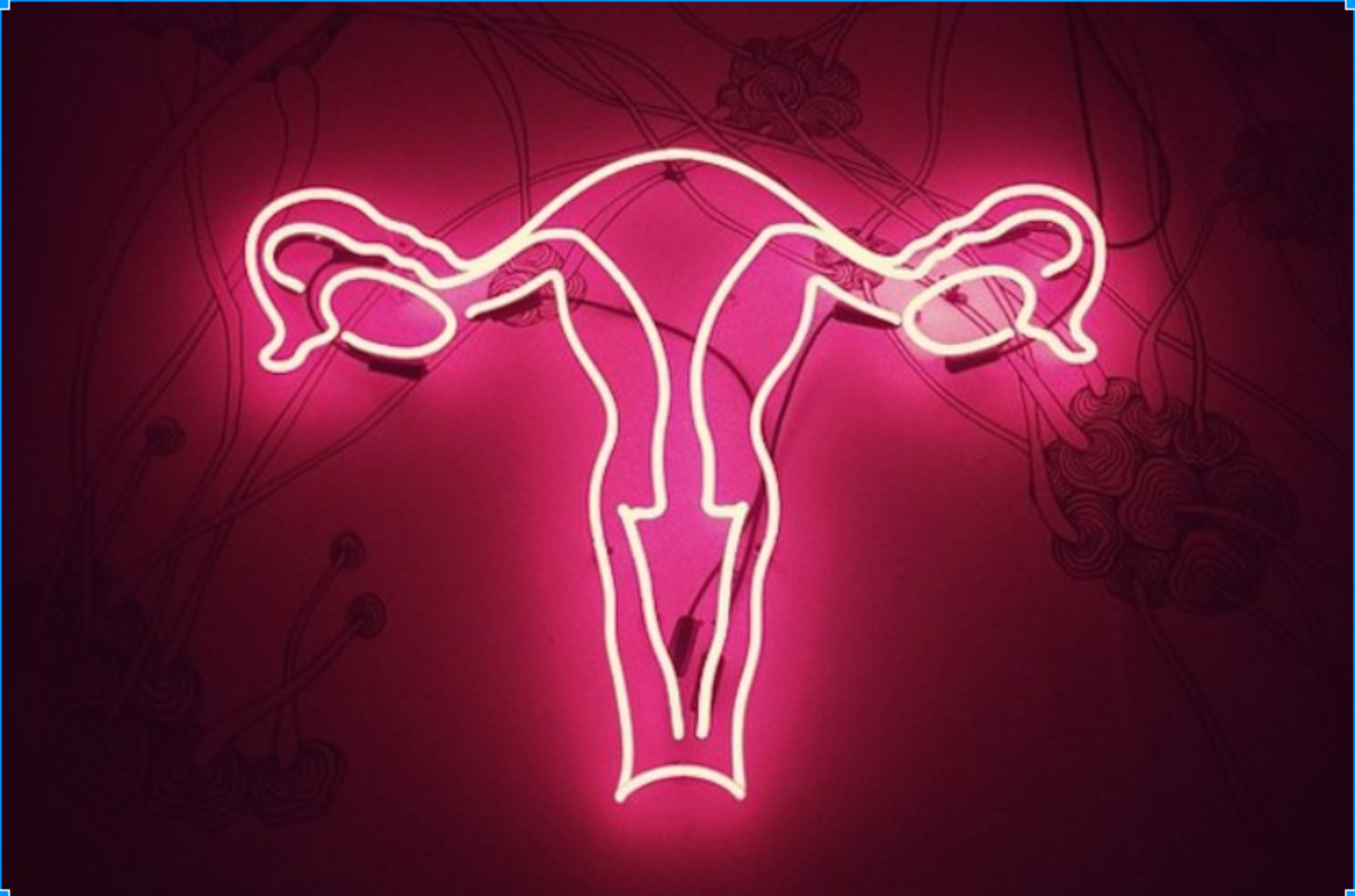Lined up with Japan’s child-care leave legislation, Aimee took per year faraway from her work as a small business advisor whenever her son came to be year that is last. Having recently guaranteed a location on her behalf son at a day-care that is public, she had been getting excited about going back to work. On the day that is first back nonetheless, Aimee’s employer called her into their workplace and informed her that her services had been not any longer required.
Given that her employer was indeed cooperative in furnishing the proof-of-return-to-work papers she had needed seriously to submit an application for her son’s time care, this arrived just like a bolt without warning.
“He said he ended up beingn’t confident that i possibly could keep on being ‘a good employee. ’ The thing I collected through the situation is which he had employed an innovative new girl and then he not any longer needed me, ” she says.
Aimee is a target of what’s understood in Japanese as mata-hara, an expressed term produced from “maternity harassment, ” and which relates to discrimination on the job against ladies who are expecting, on child-care leave or have actually returned to focus after having a baby. The issues can be compounded for foreign women, who may not know where to turn while it can be a confusing and stressful time for Japanese women.
“Of course, maternity harassment has constantly existed, nonetheless it wasn’t before the advertising picked through to the word before it, ” explains Yoko Yajima, a senior researcher with Mitsubishi UFJ Research and Consulting Co., Ltd that it became a buzzword, in the same way as seku-hara (sexual harassment. Yajima, whom focuses primarily on coping with variety at work, states that this news protection has played a role that is key distributing understanding and encouraging discussion in regards to the problems faced by moms in the office. Continuer la lecture de « We Tell You About international women also face ‘maternity harassment’ »
